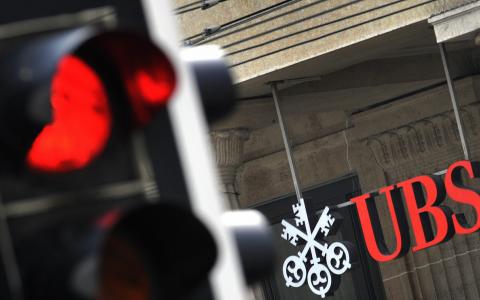
Global stocks are edging lower, and oil prices have plunged to 17-year lows at the start of another week set to be dominated by the coronavirus pandemic. But U.S. stocks look set to open cautiously higher as futures recovered from earlier losses. The hint of investor optimism came despite President Trump extending the U.S. lockdown to April 30 and public health officials warning that the American death toll could be between 100,000 and 200,000, with cases in the millions.
In our call of the day, UBS strategists said “selling fatigue” may have kicked in as investors were no longer reacting as wildly to incremental bad news as they have been in recent weeks. The elasticity of the bank’s virus market risk measure to new coronavirus cases and other bad news was falling, it said.
“However, both because infection rates are likely to keep rising for some time, and also because in cash equity markets we have not yet seen a capitulation in the core positions in growth style stocks, it may be early to say a firm bottom has already been made,” strategists, led by Bhanu Baweja, said in a note.
In contrast, volatility in equities, rates and foreign exchange has likely hit the peak and was now “slowly coming off extreme levels,” they said. The strategists added it was time to consider getting long risk in the options space.
“Equities remain the most ‘pessimistic’ across asset classes (pricing global growth at 0.3%), followed by commodities (0.7%), rates and credit markets (both 0.9%). At 3% implied growth, cyclical currencies send the most optimistic signal,” they said.
This article originally appeared on MarketWatch.



